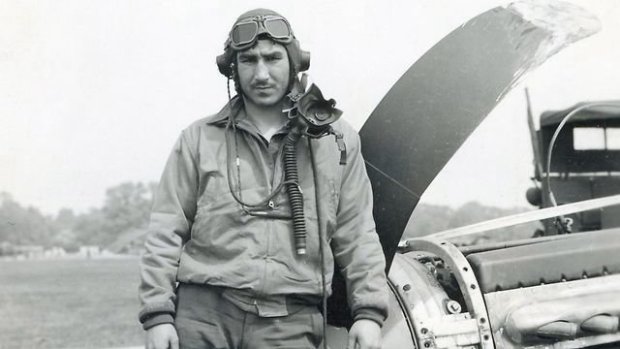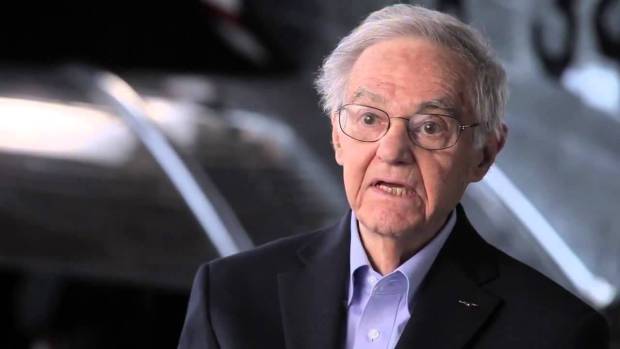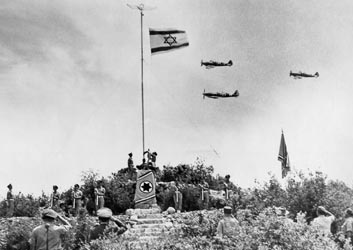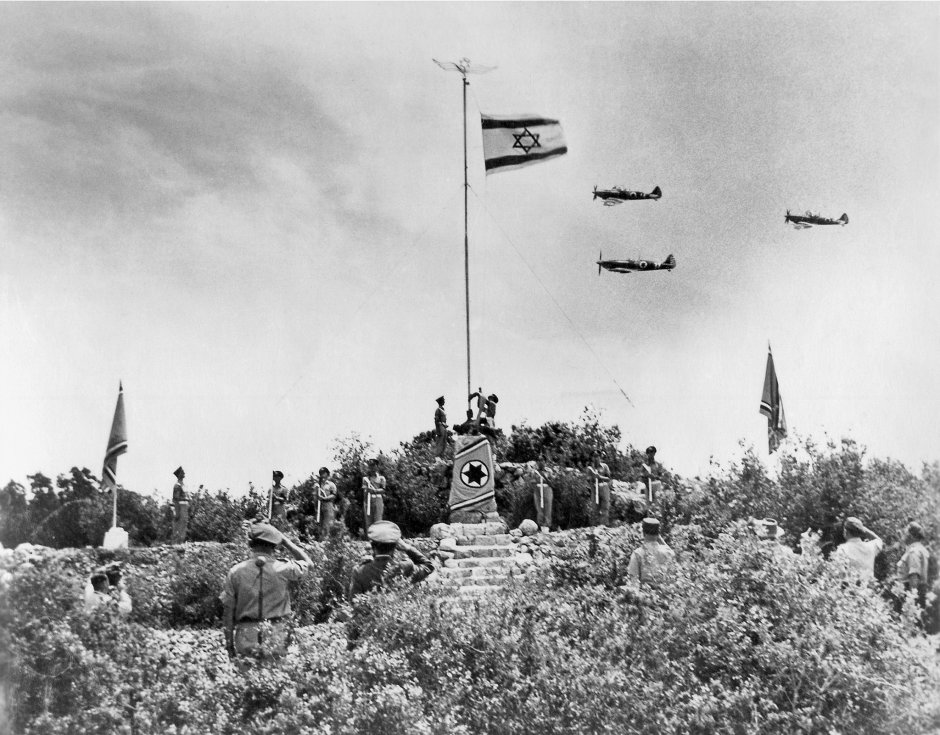Several days before five Arab armies attacked the new-born state of Israel on May 15, 1948, David Ben-Gurion, Israel’s future prime minister, asked his generals if Israel could win the war. Fifty/fifty, he was told.
One of the reasons for the uncertainty was that Israel lacked one of the basics of a modern fighting machine — an air force. It was imperative to change the status quo if Israel was to survive the Arab onslaught. Israel needed airplanes, pilots and ground crews, and in a hurry.
The vital elements that comprise an air force would come mostly from abroad. Aircraft would be purchased overseas, usually in secrecy, and about 3,500 volunteers from an assortment of countries would flow into Israel to man them.

Volunteers played an extremely important role in Israel’s victory in the War of Independence, during which Israel lost nearly one percent of its population and 750,000 Arabs left their homes in what was Palestine.
Above and Beyond: The Birth of the Israeli Air Force, an informative and usually gripping documentary directed by Roberta Grossman, tells this story in 89 minutes through interviews and file footage.
Scheduled to be screened by the Toronto Film Festival at the Cineplex Cinemas Empress Walk theater on Sunday, Oct. 19 at 1:15 p.m. and 4:15 p.m., it kicks off its Chai Tea & A Movie new season.
No less a person than Israel’s former president, Shimon Peres, credits the volunteers with turning the tide in the war. “They were a god-sent,” says Peres, who, as a young and upcoming functionary in the ministry of defence, was instrumental in buying some of the weapons and munitions that Israel so badly required.
Although the United States supported Israeli statehood, the Truman administration imposed an arms embargo on both sides and threatened to withdraw the citizenship of any American caught fighting for Israel. As a result, pro-Israel activists and volunteers worked on Israel’s behalf clandestinely.
Now in their 80s, they were drawn to the struggle for any number of reasons. Many of them, American Jewish veterans of World War II, had been victimized by antisemitism and fervently believed in the Zionist cause.

Leon Frankel, a U.S. Air Force vet, says he wouldn’t have been able to live with himself had he not volunteered.
Lou Lenart, a former American marine, flew a Messerschmidt ME-109 as he led a raid against an Egyptian army column advancing toward Tel Aviv. One of his fellow pilots, Ezer Weizman, would command the Israeli Air Force from 1958 to 1966 and would later become Israel’s president. After the war, Lenart flew for El Al Airlines.
Coleman Goldstein, an American whose pro-Zionist views were heavily influenced by the Holocaust, flew combat missions during the war and was subsequently employed by El Al as a pilot for 32 years.
George Lichter, also an American, was initially pessimistic about Israel’s ability to defeat the Arabs on the battlefield. But as Israel’s makeshift air force carried out its missions with success, his confidence in Israel’s future grew. Eventually, he helped establish the Israeli Air Force’s training program.
Smoky Simons, one of the few non-Americans, was a South African. In one of his first tasks, he flew a reconnaissance mission over Trans-Jordan to assess its military capabilities.
George “Buzz” Beurling, a legendary Canadian pilot, was killed en route to Israel.
One of the key behind-the-scenes figures in the creation of Israel’s Air Force was Al Schwimmer, a U.S. commercial airline pilot who purchased a vast array of airplanes and made the convoluted arrangements to ship them to Israel.

Schwimmer bought some of the planes from Czechoslovakia, a client state of the Soviet Union, which turned against Israel in the early 1950s.
The film neglects to mention the indispensable role the Israeli Air Force has played in Israel’s wars since the 1956 Sinai campaign. It’s a glaring oversight in an otherwise solidly-constructed film.
